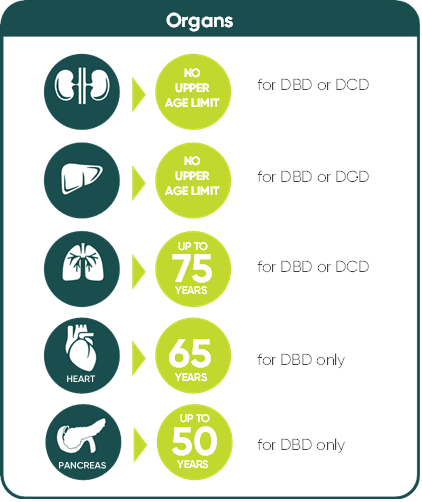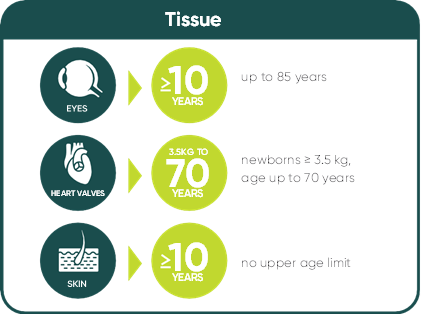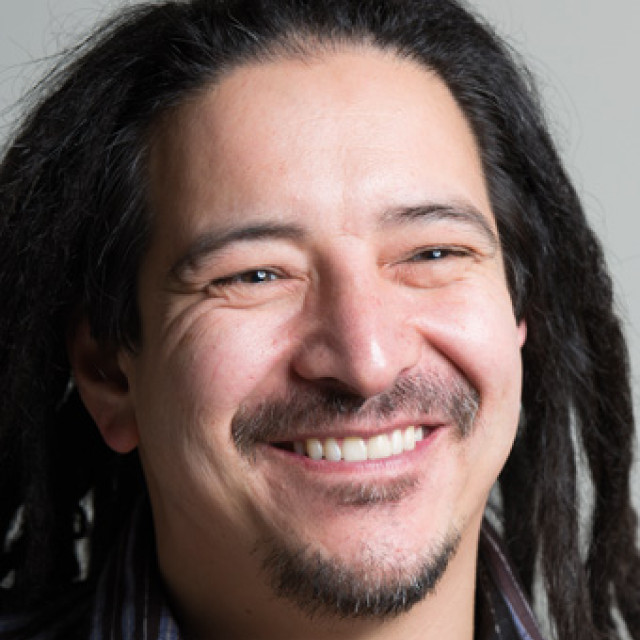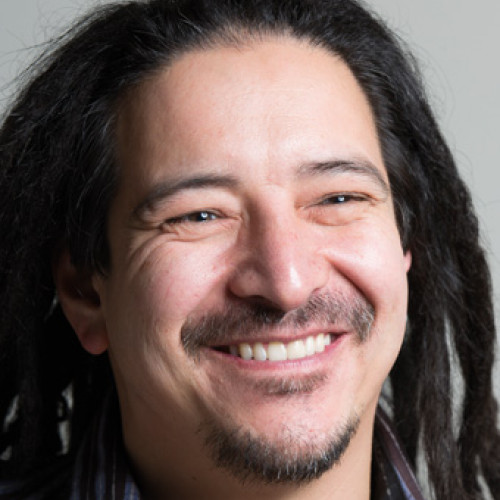People of all ages can be considered for donation. At the time of your death, your age and medical condition will determine the organs and tissues that can be donated.
Very few medical conditions will prevent a person from being able to donate any organs or tissues. For example, a person with severe asthma may not be able to donate lungs for transplantation, but may be able to donate their heart, liver, kidneys and eyes.
In New Zealand, you can choose to donate your heart, lungs, pancreas, liver and kidneys. The donation of these organs will extend and save some peoples’ lives, while greatly improving the quality of life for others.
Tissue transplants include eye tissue (corneas and sclera) to restore sight or repair eyes and heart valves which are often used to save the lives of babies and young children. Donated skin is the preferred dressing for people with severe burns.
Organ donation is only possible when a person is on a ventilator (breathing machine) in an intensive care unit (ICU), usually with severe brain damage. Less than 1% of all deaths happen this way.
However, when a person is admitted to an Intensive Care Unit with a severe brain injury, it will most commonly be from bleeding in the brain or trauma. The patient will have his/her breathing supported by a ventilator while everything possible is being done to save his/her life. Sometimes, the damage to the brain is so severe that the brain swells and cuts off its own blood supply. This is known as brain death. When the doctors suspect that the patient's brain has died, they carry out brain death assessments.
ODNZ What Happens
PDF 64kb
Following your death, a health professional will ask your family if they know whether you wanted to be a donor or not. This is why it’s important to have a conversation with them about donation.
Your family will be asked for their consent to donate your organs and tissues, so make sure you tell them what organs or tissues you would want to donate.
- Read the information about organ donation on this page and in the Frequently Asked Questions section to help you decide if you would like to donate your organs and tissues following your death.
- Have a conversation with your close family or those people who would be contacted in the event of your death. This is important, as these people will be asked about your wishes to be an organ donor. If you would like to be a donor, tell your family which organs and tissues you are willing to donate.
- Organs and tissues that can be donated in New Zealand, depending on your age and medical history, are your heart or heart valves, lungs, liver, kidney, pancreas, eyes and skin. Only the organs and tissues consented to by your family will be removed.
- You can make your wishes to become an organ and tissue donor known by ticking DONOR in question 4C on your driver licence application or renewal form. The word DONOR will then be printed on your licence. However, this is not an official organ donation register; you still need to let your family know what you want to happen following your death.
Back To Top
Visit the Frequently Asked Questions page for more answers to commonly asked questions about donation.




